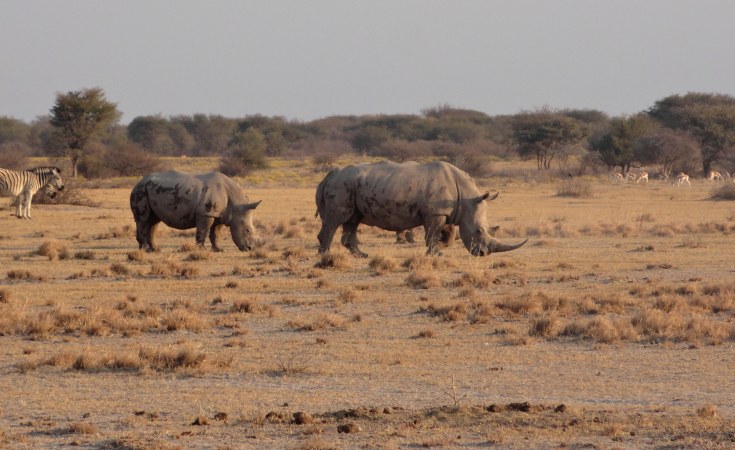Gaborone, Botswana — Six southern African countries have voiced disappointment with new efforts by the British Labour Party government to introduce a bill that seeks to ban the importation of wildlife trophies from Africa. Representatives from the six nations have now requested a meeting with British government officials to discuss the issue.
The Hunting Trophies (Import Prohibition) Bill was among a list of proposed laws that went for a first reading in the House of Commons in October. The second reading is in January.
The Labour Party came into power this year promising to eliminate hunting in the United Kingdom within five years.
Steve Reed, the secretary of state for environment, food and rural affairs, introduced the bill that had collapsed under the Conservative government.
Botswana, Namibia, South Africa, Tanzania, Zambia and Zimbabwe requested an urgent meeting with Reed.
In a letter addressed to him on Monday, the countries' envoys want to know if the government will support the bill.
U.K.-based Adam Hart, professor and conservation scientist at the University of Gloucestershire in England, says the reintroduction of the bill is counterproductive.
"It is disappointing that the government are bringing the bill back. It is going to waste more parliamentary time," said Hart. "If it is passed, it will have no conservation benefits whatsoever as has been shown in recent analysis. No hunted species is threatened by trophy hunting. In fact, trophy hunting is instrumental in protecting the habitat and their species in many cases."
The southern African countries are concerned that a group of animal welfare organizations, some from Africa, support the proposed ban. The nations argue the lobby undermines their position on hunting as the affected countries.
Hart said the meeting between the nations' representatives and Reed is important.
"It is also disappointing that the government doesn't seem to want to listen to nations that are much more successful than the U.K., and they are not willing to take the advice of those people or even listen to them," said Hart. "So hopefully, they will take this meeting, and they will consider what is going on in the nations that the largely populist agenda is going to affect."
Conservationists opposed to animal hunts argue the killings could drive endangered species to extinction.
Botswana-based conservationist Neil Fitt supports trophy hunting but says it should be done ethically.
"Trophy hunting is a viable contributor to ecosystem management from financial and animal numbers point of view," said Fitt. "It is definitely a tool which is in the toolbox for management and needs to stay there, provided quotas are issued on a scientific basis. Not all have been in the recent past, and that hunting is undertaken ethically."
Botswana, with the largest elephant herd in the world at more than 130,000, has been at the forefront of a campaign against efforts by the United Kingdom and other European nations to ban hunting trophies from Africa.
Southern Africa is home to some of the world's largest wildlife populations, including more than 230,000 elephants.
Fitt said it is up to the southern African countries to convince the U.K. and the rest of the world that trophy hunting is sustainable.
"Should Britain and/or others stop the importation, to be honest, that is absolutely up to them as a sovereign state," said Fitt. "We as an independent sovereign state do not like to be told what we can do. What we need to do is demonstrate -- which I hope the people are trying to do -- the viability of it, the ethics and the sustainability for the whole environment of our country and other countries."
With more than 6.4 million hunters, Europe is a major importer of hunting trophies from Africa.


